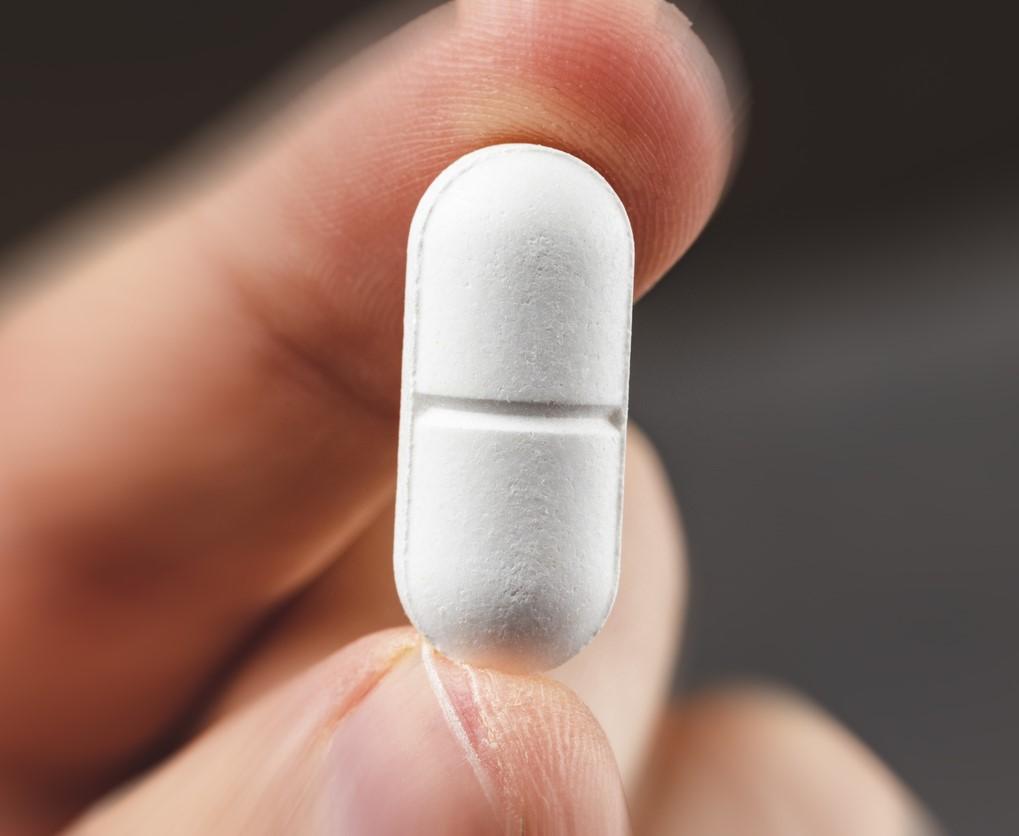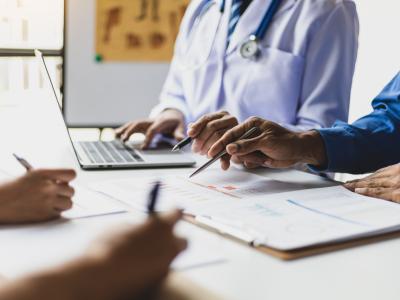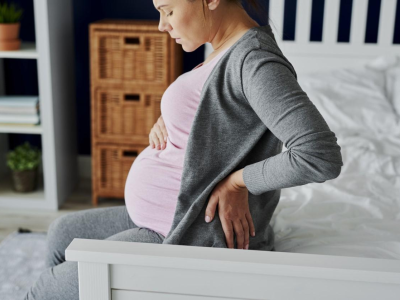Officials from the World Health Organization (WHO) today announced that the large global treatment trial that it is leading will drop the hydroxychloroquine arm and that it is taking steps to update its clinical guidance based on new promising treatment findings of the steroid dexamethasone in severely ill patients.
The global COVID-19 total grew to 8,278,155 cases today, and 446,202 people have died from their illnesses, according to the Johns Hopkins online dashboard.
SOLIDARITY trial stops hydroxychloroquine arm
At a World Health Organization (WHO) media briefing today, Ana Maria Henao Restrepo, MD, unit head of the WHO's research and development blueprint, said review board of the SOLIDARITY trial—a large international randomized controlled trial to test four treatments—looked at the evidence from recent hydroxychloroquine trials. The evidence included data from the Recovery trial in the United Kingdom, in which researchers recently pulled the plug after a review found no benefit for the antimalarial drug.
She said the review board also talked to the principal investigators of the studies before advising that the hydroxychloroquine arm should be stopped. In an email statement, the WHO clarified that investigators won't randomize any more patients to the hydroxychloroquine arm and that patients who have already started the drug may complete their course or stop, based on the advice of supervising doctors.
Restrepo emphasized that the recommendation doesn't constitute WHO policy about the drug or apply to any other studies involving it for pre- or post-exposure.
WHO welcomes dexamethasone results
In another development, WHO Director-General Tedros Adhanom Ghebreyesus, PhD, said that unpublished data from a UK trial that showed a benefit of dexamethasone for severely ill patients, though not for those with milder disease, is welcome news, but he said the drug should be used only under close supervision.
"We need more therapeutics that can be used to tackle the virus, including those with milder symptoms," he said.
Based on the findings, he said the WHO is coordinating a meta-analysis to pool data from several clinical trials involving the steroid to increase its overall understanding of the intervention and will update its guidance on how and when dexamethasone should be used to treat COVID-19.
In other comments during the briefing, he noted that the WHO and its partners have developed a new roadmap for neglected tropical diseases that moves single disease programs into a more integrated prevention, diagnosis, and treatment approach, with an eye toward universal health coverage.
Tedros said the plan also puts greater ownership on national and local governments and, as with COVID-19, calls for greater collaboration among governments.
Beijing outbreak grows
In related developments, China's National Health Commission reported 31 more cases in Beijing, raising the cluster's total to 137. There is also a new case in Hebei province that may be related.
Intensive efforts are under way to test residents of affected districts, and CNN today reported that about 356,000 people have been tested. Hundreds of flights in and out of Beijing were cancelled today, according to a separate CNN report.
The cluster is linked to the Xinfadi wholesale food market, one of the biggest in Asia, marking China's largest outbreak since it brought its outbreak under control. Cases have been detected in 16 Beijing districts, with related cases in four provinces: Hebei, Liaoning, Sichuan, and Zhejiang.
The source of the resurgence of cases isn't yet clear, though some Chinese officials said there is a chance of foodborne spread. Norway's fisheries and seafood minister said today that Chinese and Norwegian officials have concluded that salmon from Norway isn't the source of the SARS-CoV-2 evidence found on a cutting board at the market, Reuters reported.
In other global developments:
- Brazil yesterday reported a daily high record of 34,918 cases At today's WHO media briefing, Mike Ryan, MD, who leads the group's health emergencies program, said Brazil's epidemic is still severe, but there are some signs that it's stabilizing.
- Honduras President Juan Orlando Hernandez tested positive for COVID-19 and says his illness is mild, the Washington Post reported today. He said it would continue working virtually.
- Indonesia reported 1,031 new cases today, lifting its total above Singapore's to become the hardest-hit country in Southeast Asia, Reuters





















